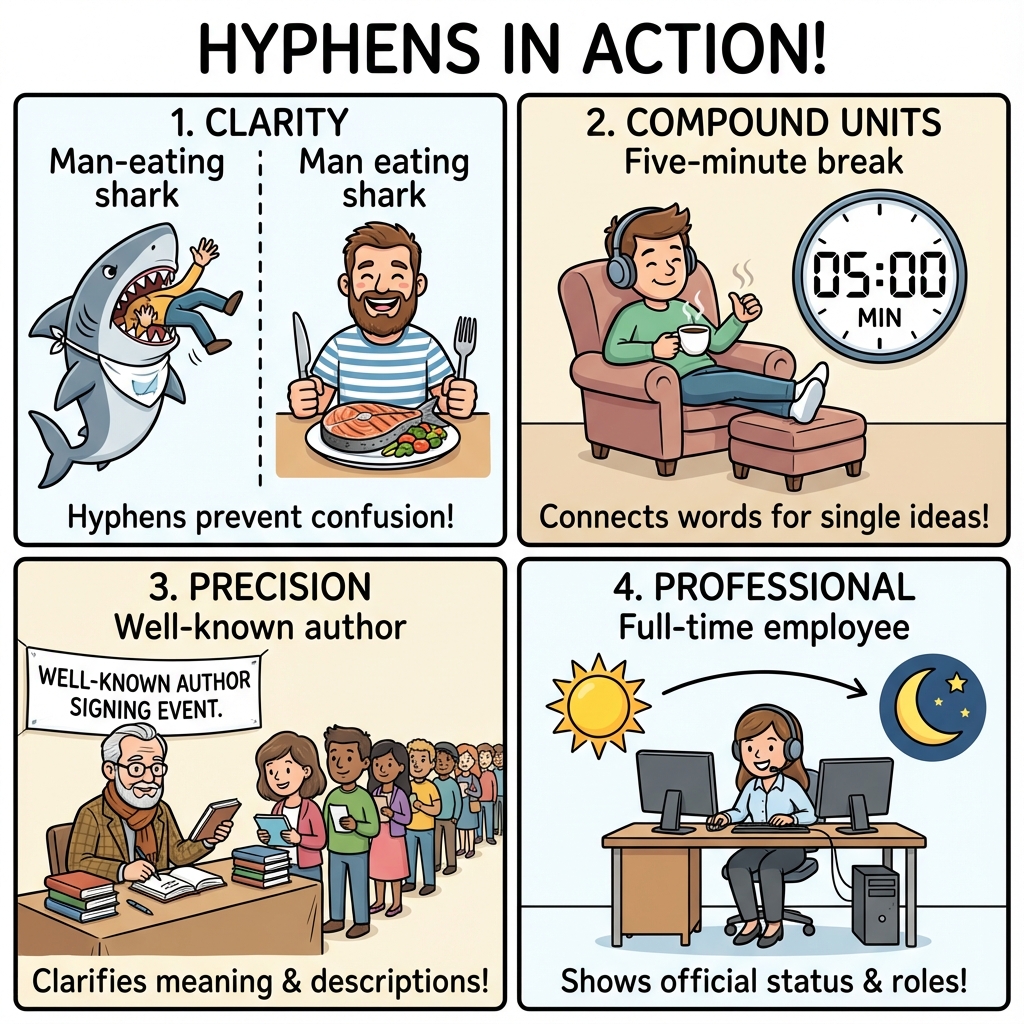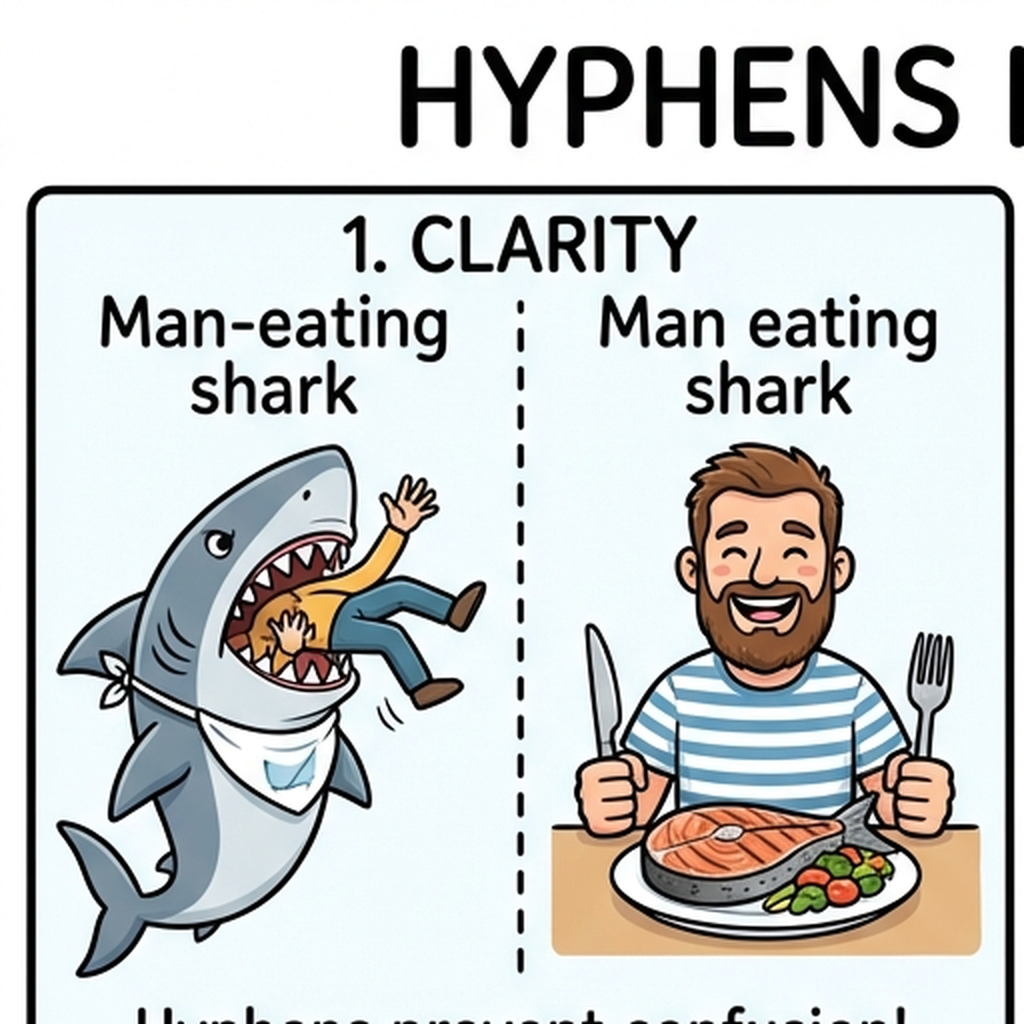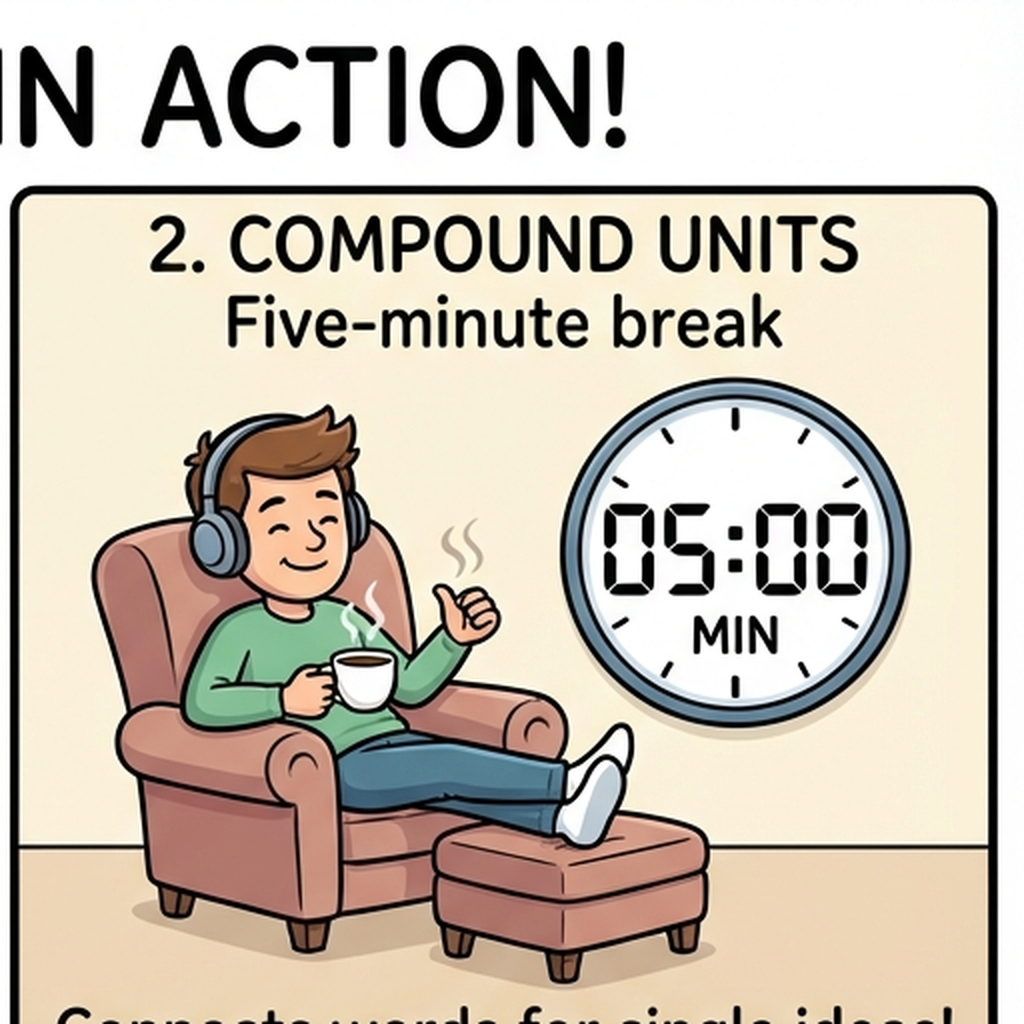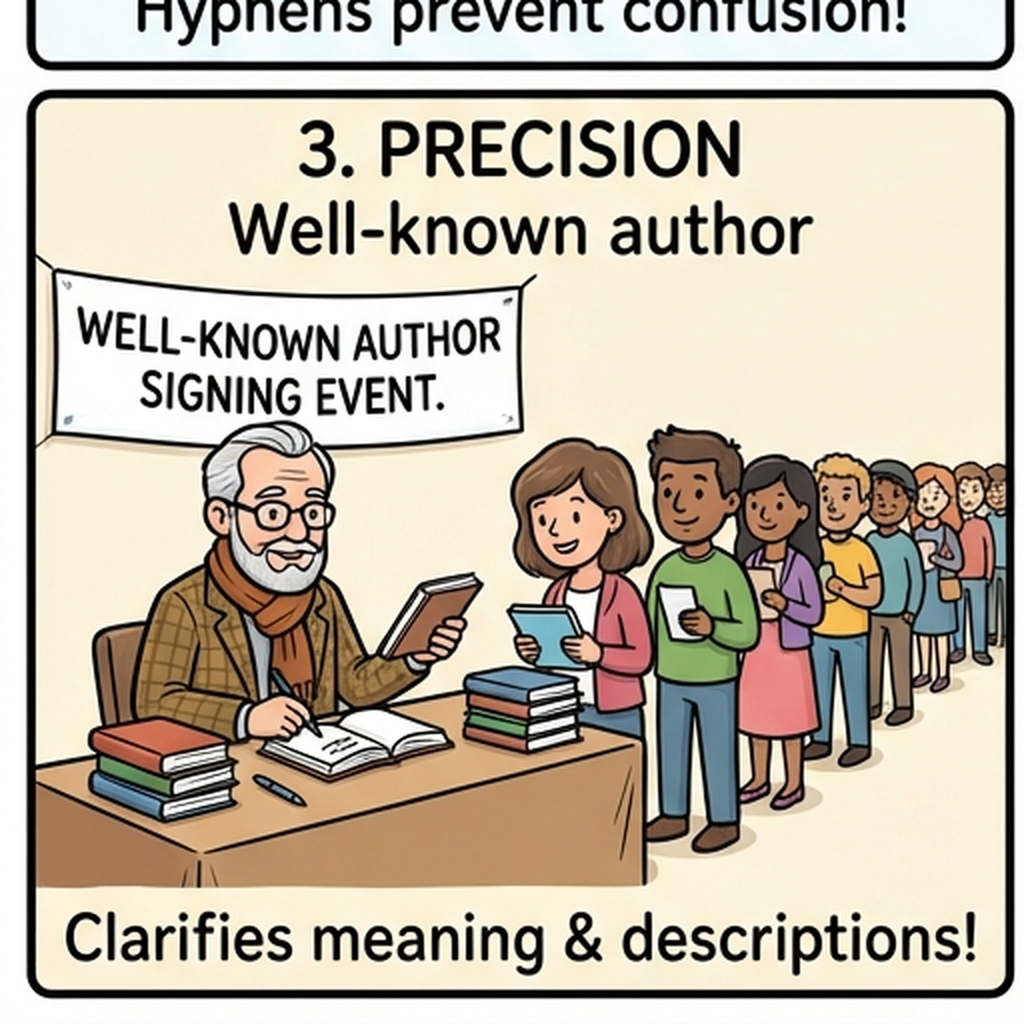Hyphen Rules for Compound Modifiers
Hyphens can completely change the meaning of a sentence, especially when used in compound modifiers. This guide explains when to use them, when to avoid them, and how to make your writing clearer.
Hyphens can completely change the meaning of a sentence, especially when used in compound modifiers. This guide explains when to use them, when to avoid them, and how to make your writing clearer.
Luckily, hyphen rules follow clear patterns. Understanding these will make your writing more professional, polished, and easy to read. In this guide, you’ll learn when to use a hyphen, when to leave it out, and how hyphens can completely change the meaning of your sentence.


A compound modifier is a combination of two or more words that act together to describe a noun. These often appear before the noun they describe.
Examples:
The hyphen shows the reader that the words work as a unit. Without it, the meaning can become unclear or even humorous:
Use a hyphen when two or more words come before a noun to modify it as a single idea.
This is the most common use of hyphens in academic and professional writing. Using them correctly shows attention to detail.

| Type | Correct Example | Meaning |
|---|---|---|
| Adjective + noun | a full-time employee | Employee who works full time |
| Adverb (not ending in –ly) + adjective | a well-known author | An author who is well known |
| Number + noun | a three-day weekend | A weekend lasting three days |
If the modifier comes after the noun, you usually remove the hyphen:
When the first word ends in –ly, it is already clearly recognized as an adverb, so a hyphen is unnecessary.
Examples:
Incorrect:
Rule: No hyphen with –ly adverbs.

Numbers acting as modifiers always need hyphens. This is especially true for age, which often surprises learners.
Notice that "year" is singular in the hyphenated version! If the age comes after the noun, you drop the hyphens and use the plural "years":
"The child is five years old."
Hyphens can change the meaning of a sentence completely. Compare:
Another example:
Hyphens add clarity.
Sometimes you need a hyphen between a prefix and a word to avoid confusion or to keep capitalization clear. Use a hyphen when:

Hyphens can prevent big disasters at work! If you re-sign a contract, you sign it again. If you resign, you leave your job. Precision matters!
Quick Memory Trick:
Hyphen before a noun • No hyphen after a noun • No hyphens with –ly adverbs
Answers: five-minute / skilled / hour meeting = two-hour meeting / well-written
⭐ Pro Tip: If removing the hyphen makes the sentence confusing, the hyphen probably belongs there.
Hyphens play a small but powerful role in English writing. They make descriptions clearer, prevent misunderstandings, and create smooth, professional sentences. When two or more words work together to modify a noun, especially before the noun, a hyphen often makes the meaning obvious. Remember the core rules — hyphenate before nouns, avoid hyphens with –ly adverbs, and be consistent with numbers — and you’ll use hyphens confidently and correctly in your writing.